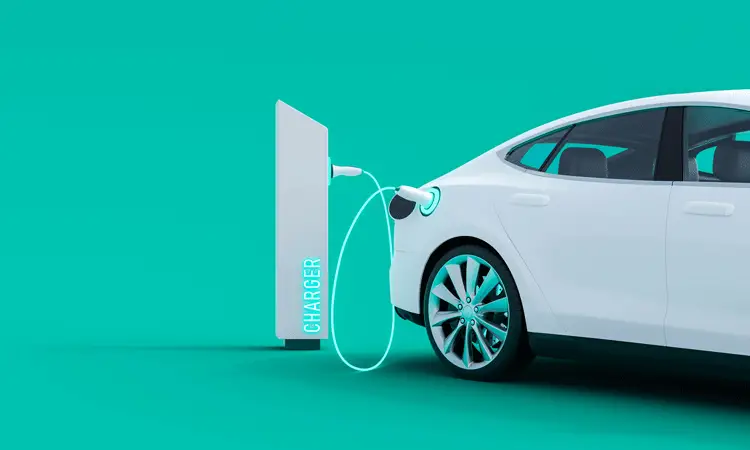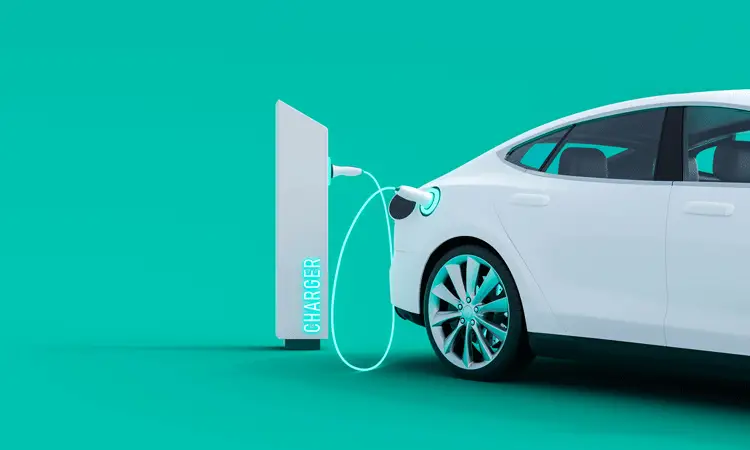COP26 pledges to transition to electric vehicles.
Some big announcements were made last week at COP-26 in Glasgow. The focus is on zeroing out pollution from some of the world’s dirtiest and climate-busting sources including cars, trucks, ships, 2 and 3-wheelers, and planes.


Some big announcements were made last week at COP-26 in Glasgow. The focus is on zeroing out pollution from some of the world’s dirtiest and climate-busting sources including cars, trucks, ships, 2 and 3-wheelers, and planes.
Helen Clarkson, CEO of the nonprofit Climate Group said COP26 marks the end of the road for the internal combustion engine. Today we're seeing significant commitments from manufacturers, investors, fleet operators, countries, cities, states, and regions. A group of governments, automakers, and others have signed on to an agreement to transition to 100% zero-emission sales of new cars and vans by 2040 globally and by 2035 in leading markets.
Fifteen countries also agreed to a separate pledge to work toward 100% zero-emission sales of new trucks and buses by 2040.
The agreements, both of which were announced at the COP26 climate conference in Glasgow, were hailed as a significant step toward decarbonizing the automotive industry. Cars and trucks emit roughly one-fifth of U.S. greenhouse gas emissions, according to the Union of Concerned Scientists.
One of the major announcements on Transport Day was the declaration by governments, businesses, and investors committing to all new passenger cars and vans being 100% zero-emissions no later than 2035 in leading markets, followed by the rest of the world by 2040. Over 30 national governments (including the United Kingdom, Canada, India, Poland, Uruguay, and even Kenya and Cambodia), signed together with numerous sub-national governments including the states of New York, Washington, and California, together with six large automakers (Ford, GM, Volkswagen, Mercedes-Benz, BYD Auto, and Jaguar Land Rover), and numerous corporations with large fleets.
The largest auto manufacturing countries, including Japan, the United States, Germany, and China did not sign the agreement. Also, Toyota did not sign the agreement. Having additional state and non-state actors sign-on will be an important step forward. The Biden Administration had previously announced in August an Executive Order to reach 50% electric vehicle sales by 2030 in the U.S.
Though not legally binding, the COP26 declaration to speed up the transition to 100% zero-emission new car and van sales sets a global goal of 2040, with the transition slated to happen five years earlier in leading markets. Automakers including Ford and General Motors vowed to work toward the goal supported by a business strategy that is in line with achieving this ambition.
A group of cities, states, and regional governments said they would attempt to convert their car and van fleets to zero-emission vehicles by no later than 2035.
The signatories that represented "leading markets" promised to offer assistance to developing countries and emerging markets to aid in their transition to new zero-emission vehicle sales, though a similar pledge by wealthy countries in the Paris Accord in 2015 has not yet been met.
Trucks and buses
The other pledge, spearheaded by the Netherlands and the nonprofit group CALSTART, targets medium- and heavy-duty trucks and buses.
Cristiano Façanha, CALSTART's global director says, globally, freight trucks and buses represent about 4% of the on-road fleet globally but are responsible for 36% of greenhouse gas emissions, and over 70% of nitrogen oxide emissions that contribute to local air pollution. This makes trucks and buses a very effective target for fast decarbonization."
Among the signatories were the U.K., Canada, the Netherlands, and Chile. The group set an interim objective of having 30% of all new truck and bus sales be zero-emission vehicles by 2030, with an overall goal of having all sales be zero-emission by 2040.
They said the transition would require major investments in battery and electric component manufacturing as well as charging infrastructure. Façanha said the group has been holding discussions with other countries about joining the memorandum of understanding.
Reference
i) Joe . H (2021) COP26 sees pledges to transition to electric vehicles, but key countries are mum
ii) Simon. M (2021) Top 3 Take-Aways on Electric Vehicles from COP-26




